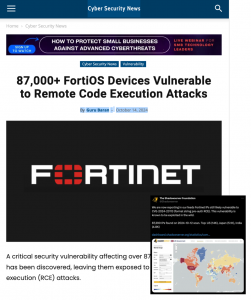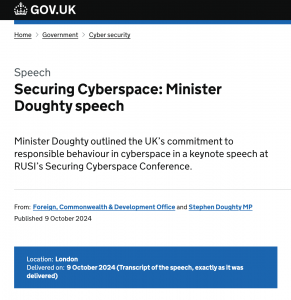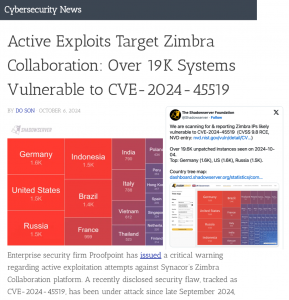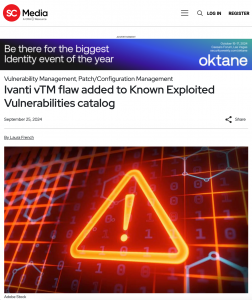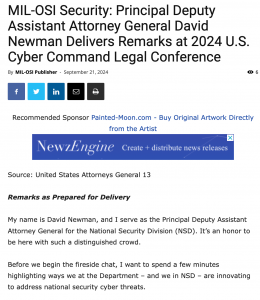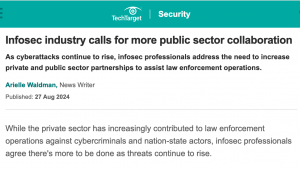Piotr Kijewski: “Replicating Shadowserver on a similar scale would probably cost tens of millions of dollars.”
An interview with Common Good Cyber.
“We share hundreds of millions of cyber threat events daily with entities across the planet.” Shadowserver’s core mission is, at its most basic level, delivering such valuable information for free to threat defenders so that they can better secure their networks. To sustain their operations – including helping critical infrastructure and supporting multi-year law enforcement operations to actively take down threats – Piotr Kijewski, the nonprofit’s CEO, calculates that $5 million are needed yearly and admits there is no fully sustainable guaranteed pipeline for the coming years.
Common Good Cyber is a global initiative to create sustainable funding models for the organizations and individuals working to keep the Internet safe.



